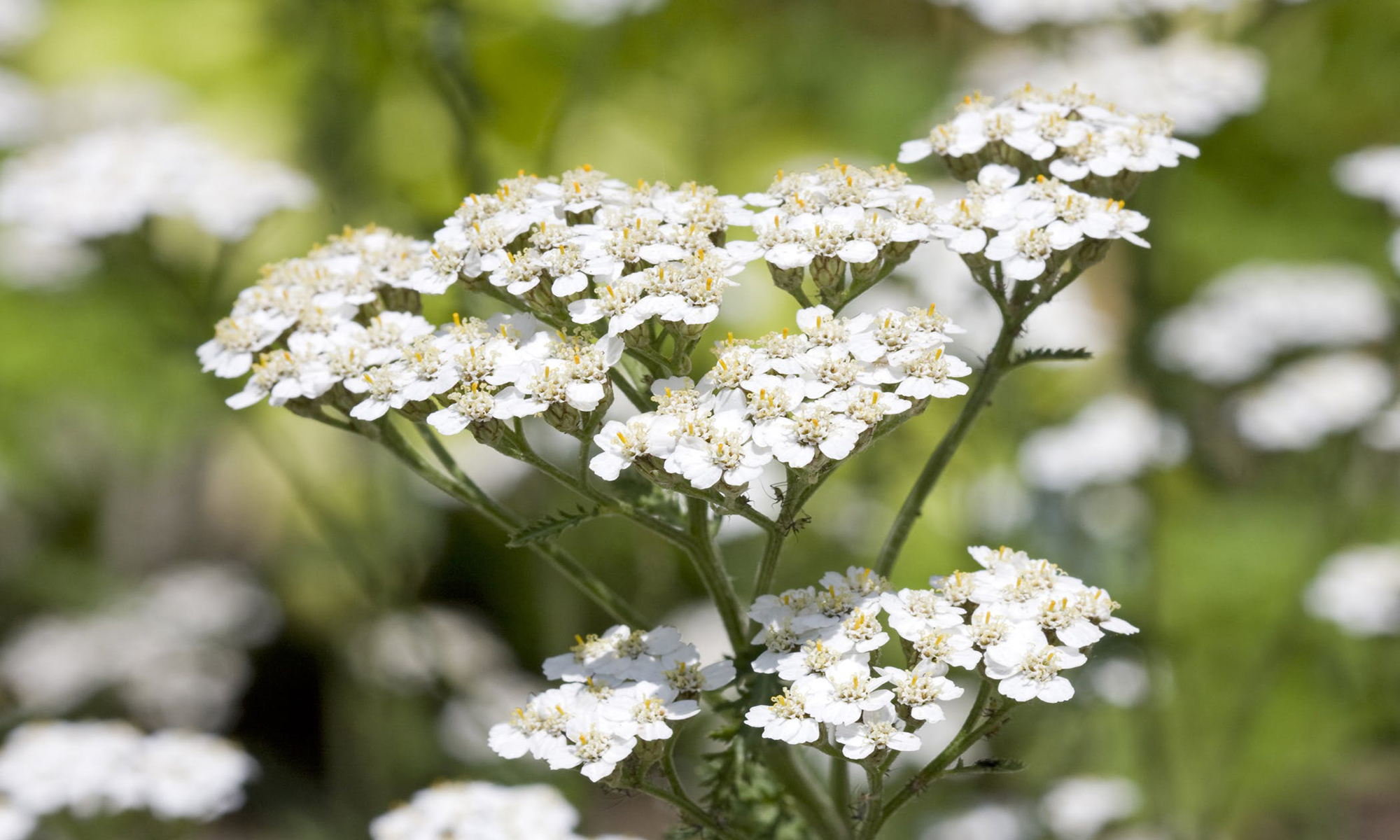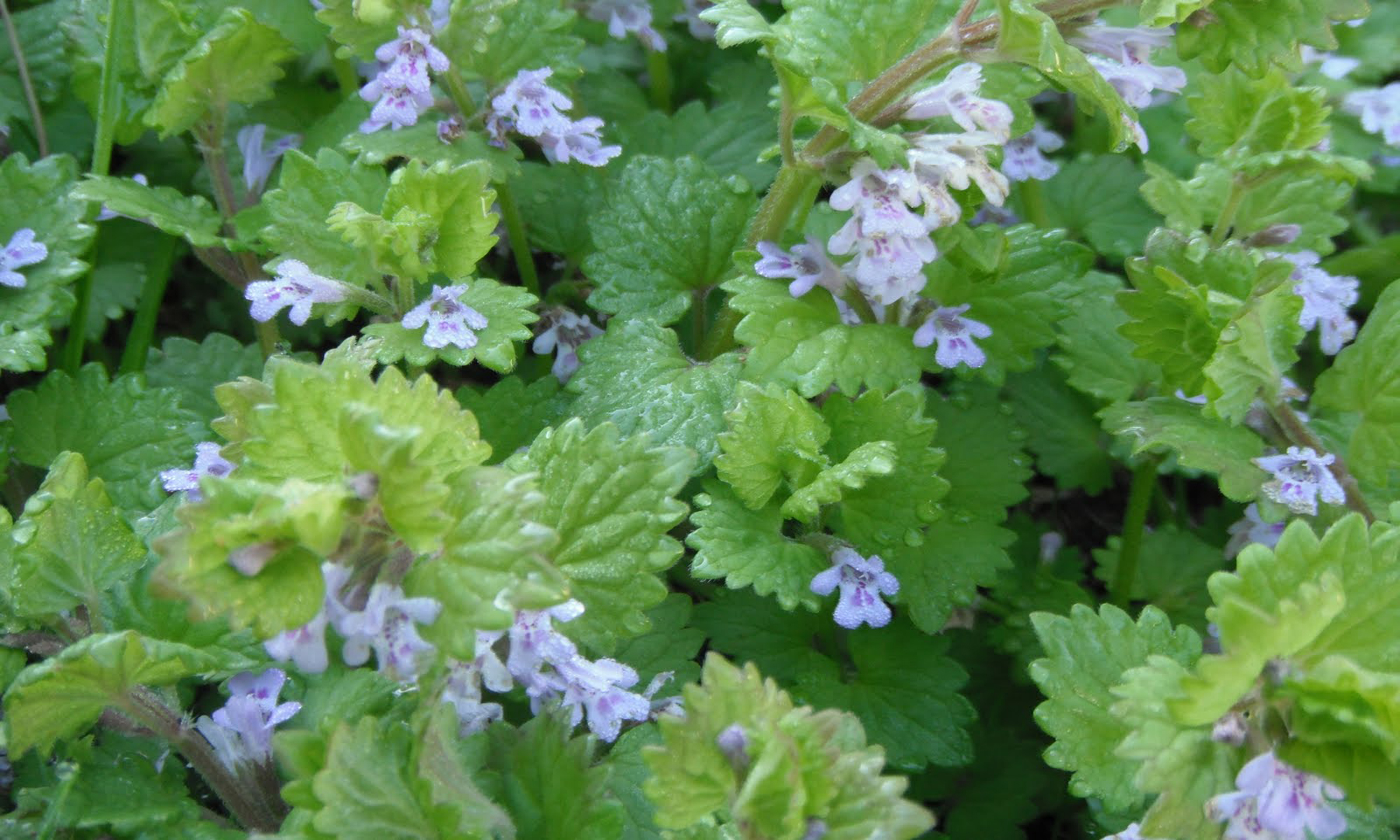Seelie Apothecary is an herbal research center and healing shop that draws on inspiration from the Western Eclectic school of Herbalism, a stream of understanding which began in the first quarter of the 19th century with the works of Dr. Wooster Beach, as well as those of famed botanist Constantine Samuel Rafinesque. The ideas presented by these individuals continued through into the latter half of the 19th century and into early years of the 20th century with the works of Dr. John Scudder and, to a certain extent, those of Dr. Edward Bach. The streams of research and understanding created by these minds of medicine and healing have been carried forward into the modern age, and thus have been further evolved by such practitioners as Matthew Wood, Lise Wolff, Martin Bulgerin and others.
The Western Eclectic school of Herbalism places particular importance upon the time-honored concepts of The Doctrine of Signatures and The Doctrine of Correspondence, which posit the existence of an inter-connected and harmonious relationship existing between the healing modalities present within plants and trees and their subsequent correspondences to different states of disorder and disease within other biological forms of life. These correspondences exist on a physical as well as a psychological level, as medicines garnered from plants and trees appear not only to correct anatomical and physiological states of disorder, but psychological ones as well, which leads one in a direction towards a deeper understanding as to the seemingly non-physical aspects that govern all of existence. The Eclectic school of thought also recognizes the importance of ‘Singles’, i.e. the use of one particular herb, administered in drop doses, in the healing of a particular state of disorder; which, as a natural part of the healing process, includes paying careful attention to discrete ‘Black Letter Symptoms’ that indicate the use of a given herb in the treatment of an ailment, as well as the use of the traditional oriental techniques of pulse and tongue diagnosis to both recognize more deeply the nature of the internal disorder as well as to ‘tweak’ the dosage of an herbal remedy to more closely fit the constitutional state of the individual.
To further expound upon and to evolve these time-honored ideas, Seelie Apothecary has taken a particular interest in a stream of biological research begun in the mid-19th century by Dr. Antoine Béchamp of France; a stream that was subsequently carried forward into the 1950’s and 1960’s by Korean research Dr. Bonghan Kim as well as American researcher Dr. Royal Raymond Rife (see Research section of this website for more information). Essentially, the Apothecary wishes to draw from this research to deepen our understanding as to why it is that herbs act upon the body and the mind in the ways that they do, as a means of ultimately creating a better system of health care and healing for all living organisms by correcting a great many long-standing errors in the fields of anatomy, physiology, psychology, and medicine.

